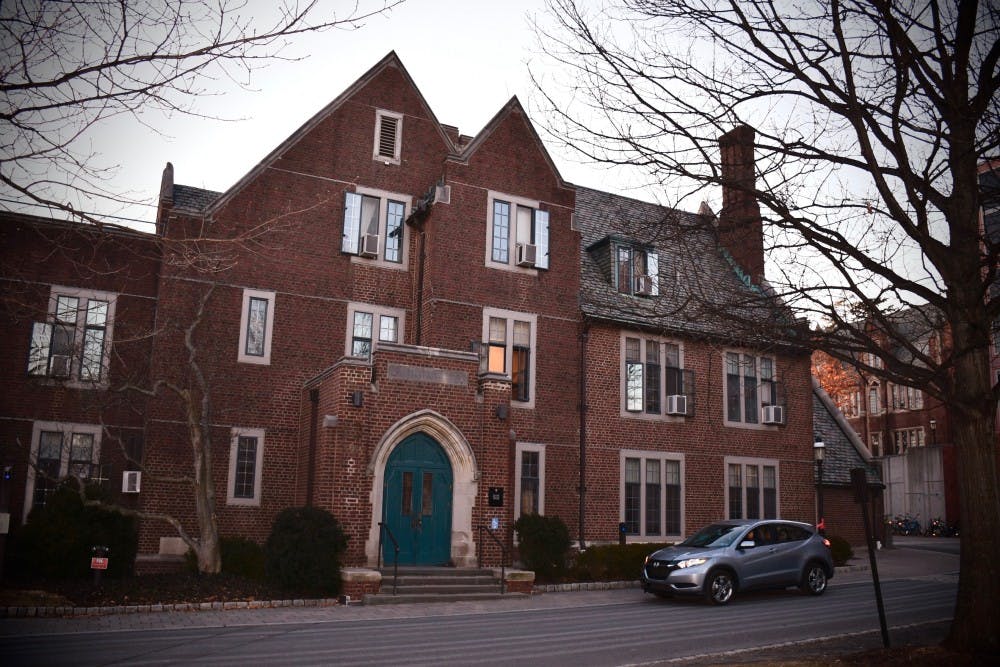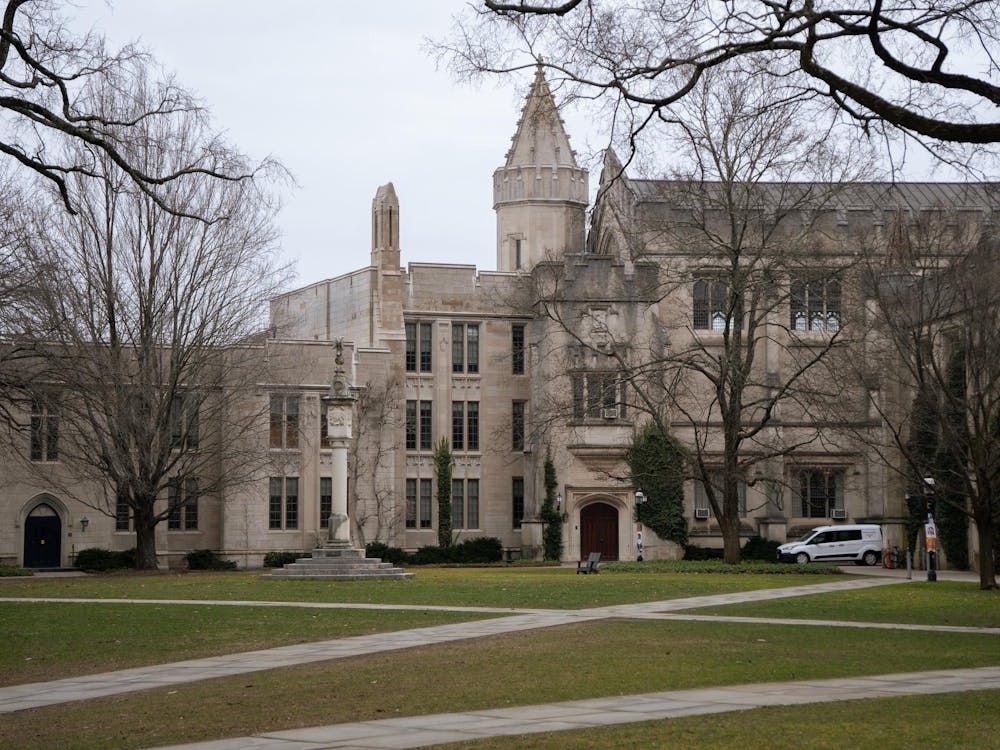After two students at Rutgers University were diagnosed with bacterial meningitis this month, University Health Services (UHS) sent an email on March 4 to the entire student body sharing information about the disease and possible preventive measures.
“We want to raise awareness among the whole University student body,” said Dr. Irene Daskalaki, Global and Community Health Physician for University Health Services. “It is very important to be recognized early and be treated early.”
Both the UHS email and Daskalaki reiterated that there are currently no cases of the disease on campus, but that the email was sent “out of an abundance of caution.”
UHS has made similar efforts before, such as responding to nearby outbreaks of measles in December, but those emails were sent to specific students who were particularly susceptible, and not the entire student body.
Daskalaki said what makes the cases of meningitis different is that most students are already immunized to measles, but not to the meningococcal bacteria type B that caused the cases at Rutgers.
“Most of our student body is not immunized for meningitis B. It is not one of the required vaccines,” Daskalaki said. “Even the ones who are immunized, they may have been immunized years ago, or only partially immunized.”
The email lists the symptoms as high fever, headache, stiff neck, nausea, vomiting, confusion and sensitivity to light. Later in the course of the illness, a rash that looks like purple blotches or spots on the legs, arms, and torso may appear.
“It’s a good start [for students] to actually have thermometers so they can actually measure the temperature when they feel unwell,” Daskalaki said.
The email also says that there are a number of vaccines that prevent meningococcal disease. One vaccine covers the meningococcal bacteria A, C, W, and Y, and is required by New Jersey law for all students living in dormitory-style facilities.
There are two licensed vaccines that are safe and effective for short term protection against meningococcal bacteria type B. According to the email, the University strongly recommends the meningitis B vaccine, especially for those people with certain immunocompromising conditions, as well as for adolescents and young adults 16 to 23 years of age.
Even after being vaccinated, Daskalaki said students should proceed with caution.
“Avoiding sharing things that come in contact with the mouth is extremely important,” Daskalaki said. “Even students who have been vaccinated can still carry the bacteria in the back of their throat and can give the bacteria to others.”

Along with the cases at Rutgers, there are currently meningococcal disease outbreaks at Columbia University’s School of International and Public Affairs, San Diego State University, and the Five College Consortium in Massachusetts, according to the UHS email.









